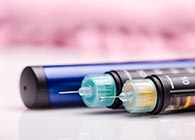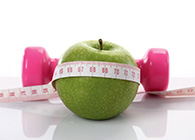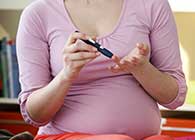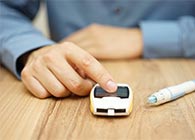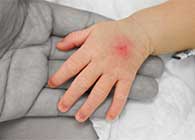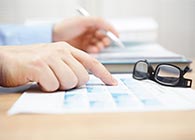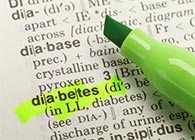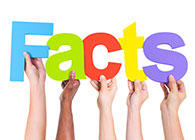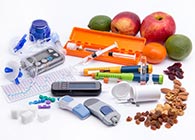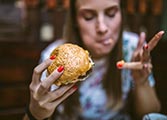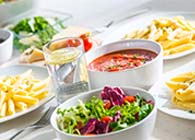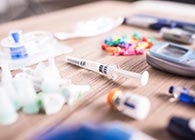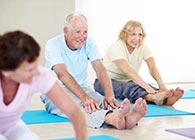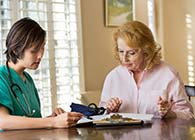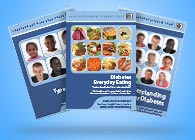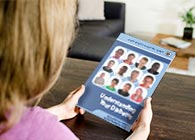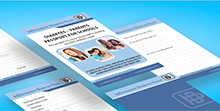Discovering Alcohol
Discovering Alcohol
Like it or not our teenagers discover alcohol. It is all part of growing up and having diabetes does not alter that, nor does it dull their desire to experiment! It is a worrying time for parents of teenagers with diabetes – we cannot just be slightly amused by the first bout of getting a bit drunk because alcohol affects blood sugars. So it is important that our teenagers learn how and what to drink and what precautions they should take.
The effects of alcohol
- It lowers the blood glucose levels and can lead to hypoglycaemia, especially during the night.
- It can lower blood glucose levels for up to 24 – 48 hours afterwards causing unexpected hypos during that time.
- Drinking can mask the warning signs of an impending hypo and lead to a severe attack.
- Friends around can assume that the person with diabetes is drunk when in fact, they are hypo.
- The carbohydrate content of some alcoholic drinks does not counteract the effects of the alcohol in lowering the blood sugar levels and should not be counted as part of the total daily carbohydrate intake.
- The effects of alcohol will vary in different people and it is necessary for each person to discover how to drink alcohol and avoid hypoglycaemia.
- Alcohol should be taken in moderation.
- Low carbohydrate beers are often very high in alcohol and so should be avoided.
Precautions
It is important to remember that alcohol affects people differently and you have to discover the precautions that are necessary for your teenager with diabetes, to avoid severe hypoglycaemia. This process of discovery has to be approached with care to avoid “learning the hard way”! Here are some pointers:
- Where possible eat a meal with your alcohol.
- If it is a drink in the pub with friends, then nibble crisps or other carbohydrates during the evening.
- Have a good meal before going out and monitor your blood glucose. It may be necessary to give a lower dose of insulin to counteract the effect of alcohol.
- Measure blood sugars before going to bed.
- Drink in moderation.
- Always have a good snack, preferably with both fast-acting and slower-acting carbohydrate, before going to bed.
- Monitor blood sugars more frequently for the next couple of days, especially if there is going to be physical exercise.


